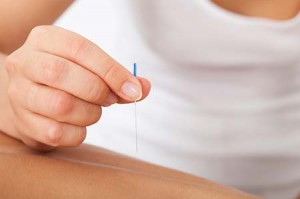Newquay Physiotherapy provides a private and specialist physiotherapy service in Newquay and the surrounding area. We are committed to helping you get the most out of your body and believe in helping you to move, function and feel better. Our aim is to restore you back to health, fast.
We recognise that any form of injury or pain can be frustrating and can quickly stop you from doing what you want to do, whether it’s running a marathon, walking comfortably up and down a flight of stairs or sitting at a desk. We aim to identify the cause of any problem and use hands on physiotherapy treatment to help relieve your symptoms to enable you to perform at your very best.
- We treat a wide range of acute and chronic conditions
- We treat back pain, sciatica, neck pain and headaches, shoulder, hip and knee pain, ligament and tendon sprains, muscle tears and general aches and pains plus much more
- We provide a full and comprehensive physiotherapy & sports massage service
- We offer the additional therapies of Traditional Chinese and Dry Needling acupuncture
- We can offer further health testing as required
- At the clinic we have a specialist interest in providing physiotherapy for those affected by breast cancer and breast cancer surgery. It’s a small but important area of physiotherapy for those who need it
- We also offer one to one and group Clinical Pilates sessions
- You are able to self-refer to us by telephone or via email if you require an appointment
- We accept self-referral or referral by your GP or consultant
- We are fully CSP and HCPC registered
We are based at the Yoshimi Salon & Spa in Newquay To make an appointment or to discuss your requirements, please send us an email to [email protected].
All personal data is protected by the General Data Protection Regulations (GDPR). For more information on how GDPR affects you please click here: Privacy Notice
Like This Page!Tweet Me!







